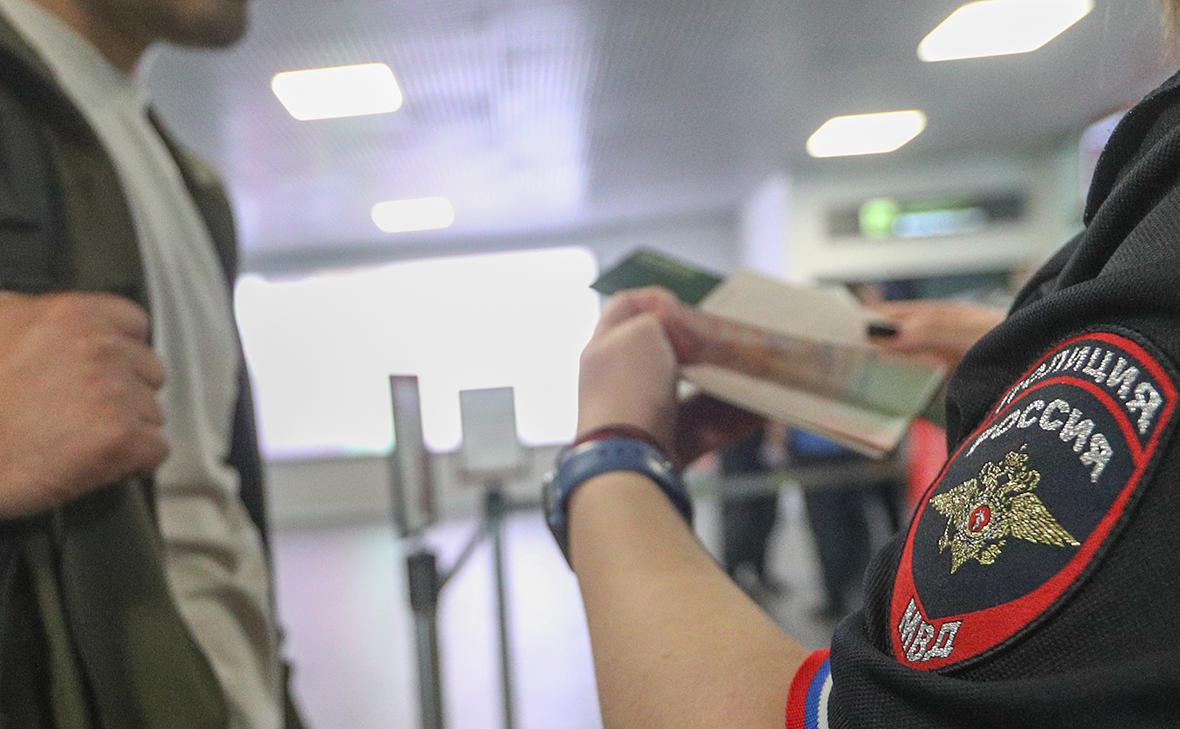Russia bars entry to citizens of Uzbekistan and Tajikistan for following extremist or pro-Ukraine content

Photo: Global Look Press
Russian border authorities have barred entry to multiple citizens of Uzbekistan and Tajikistan after discovering that their smartphones contained subscriptions to banned Telegram channels and content deemed extremist, terrorist-related, or sympathetic to Ukraine. The information was reported by TASS, citing court documents.
In several documented cases, individuals were found to be subscribed to online platforms associated with radical Islamic groups or to have consumed anti-Russian content. Russian officials claim these activities pose a national security threat and justify refusal of entry.
One such case involved Dilshod A., a citizen of Tajikistan, who was denied entry for subscribing to Telegram channels that contained sermons from radical Islamic movements banned in Russia. Authorities also accused him of viewing anti-Russian content online.
Another individual, Akmaljon B. from Uzbekistan, was refused entry after border officers found that he followed religious bloggers with radical views and had watched videos linked to terrorist organizations. Russia’s border service deemed his digital activity a threat to the country’s security.
Other foreign nationals were reportedly found with subscriptions to pro-Ukrainian Telegram channels, videos highlighting the operations of Ukrainian intelligence services, and messages criticizing Russian law enforcement. In some instances, individuals were caught attempting to delete such content from their messaging apps shortly before border checks.
Systematic inspections at Russian border crossings have intensified following the March 22, 2024, terrorist attack at the Crocus City Hall concert venue. Since then, according to court records, over 20 citizens of Uzbekistan and Tajikistan have been denied entry to Russia, despite citing reasons such as visiting relatives or seeking employment. Attempts to appeal the decisions in court have so far failed, with judges upholding the actions of border authorities.
Related News

19:07
Uzbekistan to deepen energy sector ties with Russia’s Gazprom Neft

17:37 / 21.07.2025
Zelensky recalls ambassador to Uzbekistan as part of diplomatic rotation

14:03 / 21.07.2025
Uzbekistan registers over 1,800 new foreign-invested companies in first half of 2025

16:49 / 18.07.2025



